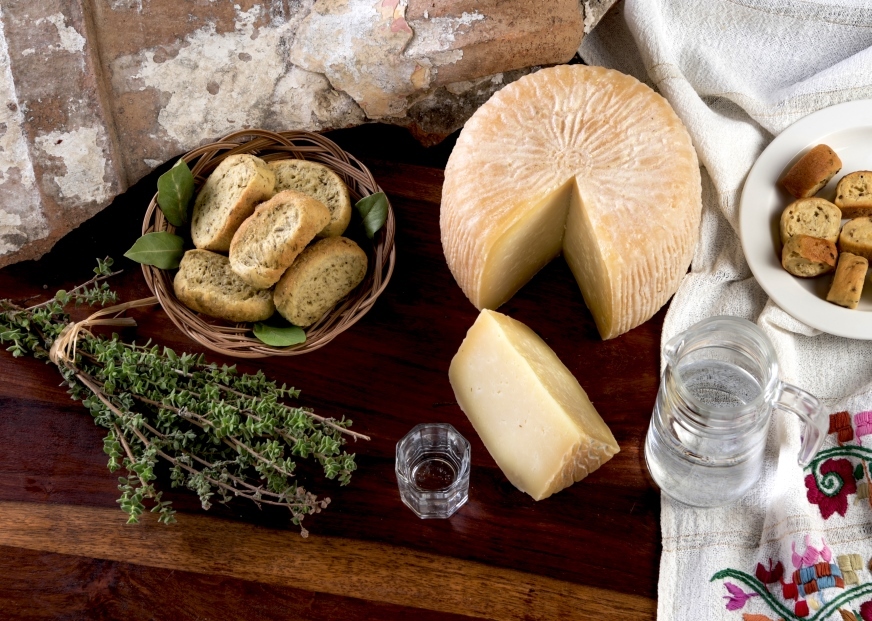3 MIN
VISIT GREECE
Delectable Greek Spirits

The production of traditional spirits and liqueurs in Greece is based on age-old practices, which involve the use of parts of aromatic plants, such as their flowers, leaves, stalks, seeds or roots. Many of these products are PGI tagged (Protected Geographical Indication), because of their unique character or origin.
The most famous of all is, of course, ouzo. The basic ingredient for this fragrant spirit is anise (and/or star anise), followed by smaller quantities of Mastic (a tree resin produced on Chios Island), fennel, coriander, cardamom, nutmeg, angelica root, etc. Greece’s so called ‘national drink’ is produced across the country, but the region that is best known for its ouzo making is Lesvos Island (North Aegean Sea), and the ouzo spirits produced in Mytilini and Plomari towns bear PGI labels. You will best enjoy it with one or two ice cubes or some chilled water, which will cloud your drink and make it all the more enjoyable. It’s the best way to accompany seafood titbits, as an aperitif.
Tsipouro and tsikoudia are two hard liquors, very similar to each other. Tsipouro recipes may include anise or not; this will change how your drink looks, as the added aniseed will give it a lovely milky hue, whereas the one without it will remain transparent. The regions of Thessaly & Macedonia are traditional producers of this double distilled liquor (three varieties are PGI tagged), made with grape pomace and must. In Volos, Thessaly, eating out in a tsipouradiko (a restaurant serving tsipouro to accompany mostly seafood & vegetable dishes) is a must for locals and visitors alike! Tsikoudia is produced on Crete and it is the regular treat for any occasion, enjoyed as a digestif after a hearty meal, as a drink any time of the day among friends and family. It is even used as a medicine!
Among the best known and most fragrant Greek sweet spirits is Mastic Liqueur, produced on Chios Island (North Aegean Sea). The resin (mastiha) of the local mastic tree (a PDO product) is mixed with alcohol, sometimes with the addition of mastic oil during the distillation process that takes place in large traditional copper stills. The only other allowed ingredient is sugar.
For those of you with a preference for the woody flavour of cinnamon and clove, there is a Greek liqueur that will delight your palate. It’s called tentoura and it’s a PGI product of Patras, Peloponnese. This strong liquor also contains sugar or honey, and may contain flavourful PDO local wines, such as Mavrodaphne, and spices. Enjoy it as an aperitif with ice or as a digestif after a good meal.
For the citrus lovers among you, Corfu Island (Ionian Sea) is the place where the fragrant gold-coloured kumquat citrus fruit variety is grown. The local flavourful like-named liqueur is a PGI product made with the extracts from the flowers, fruit, stalks, and leaves of the kumquat plant and added sweetenings. If you visit Corfu, make sure you try this traditional drink, that is produced only on this island.


